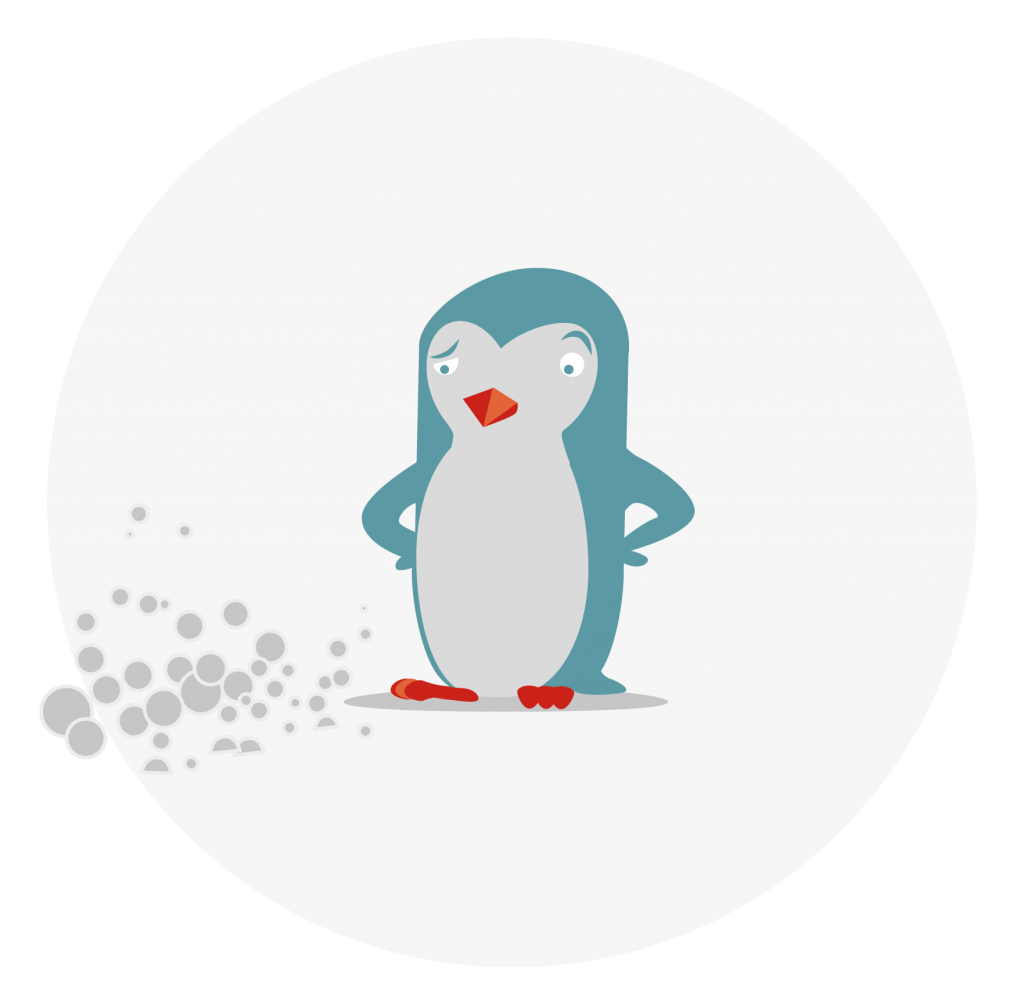10 – Openwashing

In a Christmas calendar filled with candy you might find something that is gone off, moldy or rotten. Here is the bad apple in our calendar: openwashing.
Open Open Open. All things are Open. Yes. With the development of the internet it became a lot easier and reasonable to do things the open way. Because it made communication and sharing of knowledge incredibly cheap compared to the world before. How would you have shared the complex building plan of a car with the whole world in the age of printing? And more so, how would you have invited the whole world to help you improve it?
But with the internet all of this became possible and we all learn step by step how to make good use of it and how to go the open way. Innovation is where openness is. And almost all areas of our cultures are joining which is what we celebrate with this calendar!
Open = shiny !
And in this cultural shift the word „open“ became shiny! People love open things. Things that are open are good!
Openwashing = 🙁
But this brings a lot of people to the table who just use the word „open“ and claim to be open but that aren’t open at all. This practice is called „Openwashing“ (inspired by the term „Greenwashing„). It means that people or companies claim to be open or even name their project open something but they are not open at all.
There are a lot of horrible examples out there and we do not want to help them with their marketing by linking to their pages. Instead we link to great sources that teach you how to tell the difference between truly open things and openwashing.
Don’t worry! We are save. 🙂
But in general it is nice to know, that in many areas of openness we have clear definitions like the open source hardware definition for example or the general open definition. These definitions allow us to draw a distinct line and to not allow our movements to become fuzzy.
- Open Source Hardware and Software: Sometimes when someone calls their project open source but uses a non-commercial or no-derivatives license our colleague Sam Muirhead sends this well-crafted email to them to explain the difference!
- Open Data: A blog post by the Open Knowledge Foundation about the difference of opening data and simply making them available.
–
In short you can ask yourself:
Are there resources shared in a way that enable and allow others to study, modify, use, distribute and sell the resources or what they did with it? If so, it is most probably open. If not, it is probably another sad case of Openwashing. If you spot one, feel free to send them the link to Sams text via Email 🙂
(ノಠ益ಠ)ノ彡┻━┻
__
Author of this window: Lars Zimmermann
Join us! Create a window.